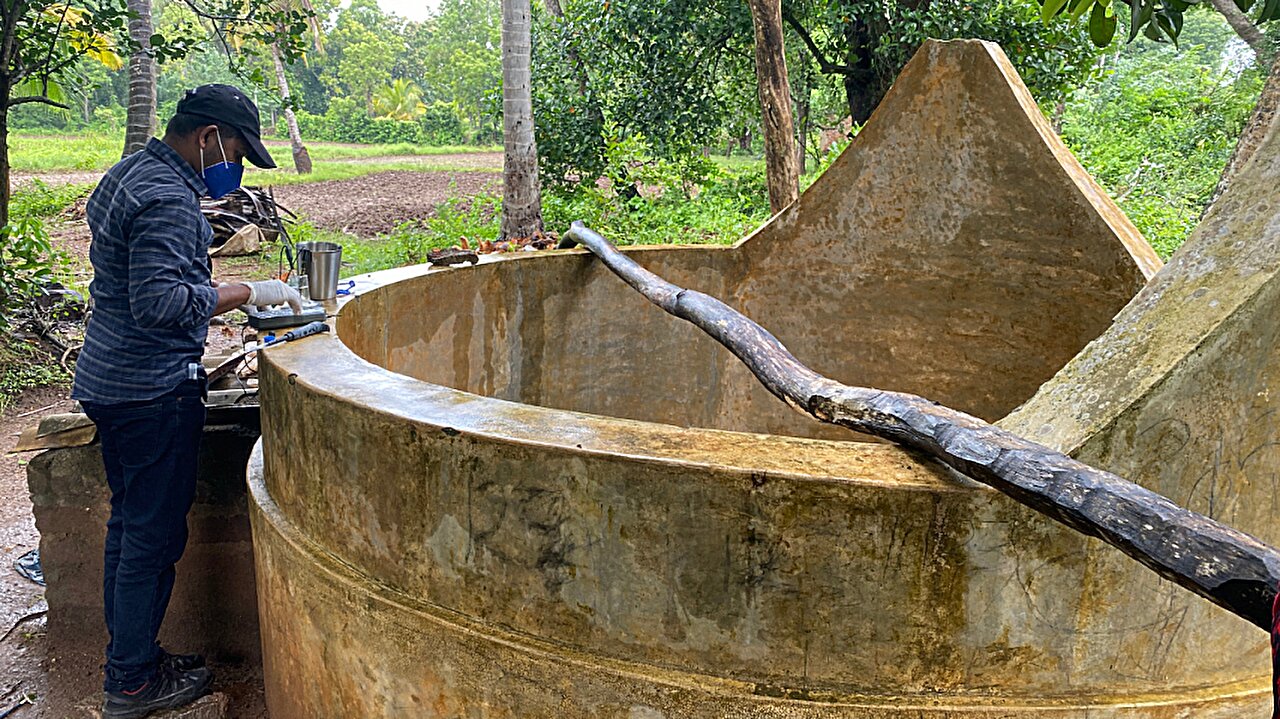Maybe. Maybe not. I think it doubtful. For sure we use less herbicides, fungicides, and insecticides than we did when I first started my professional career in agriculture. There are many reasons for this. In my mind the most important is our ability to improve seed performance. Some of it is because of designed genetic modification. Some of it is by natural plant breeding and selection. One thing I am amazed about is the ability or corn to flourish (may be too strong an emphasis) in drought conditions. What I lament is the privatization of seed development. A lot of the yield improvements were accomplished long ago by land grant universities and much of the research was funded with public money. So, the varieties developed were in the public domain and seed could be produced freely - without the restrictions we face today. There's real concern that yield improvements have slowed below the pace of population growth. In the end, if we are to produce enough food for an ever expanding world population cost is also a huge factor. Chemical soil amendments like lime and fertilizer and the use of herbicides and insecticides will, out of necessity, continue.


